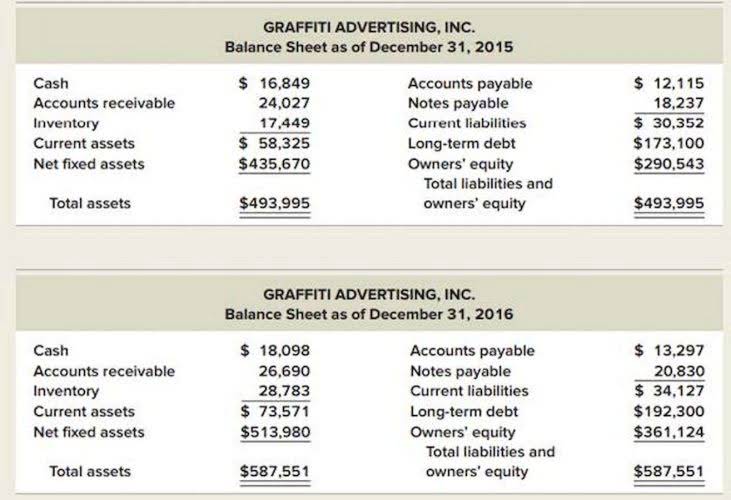
Even though you’re applying for the role of bookkeeper, that doesn’t mean your resume should be nothing but numbers and stats. If you already have any examples of your bookkeeping skills, feel free to upload them online and link it in your resume (we’re going to explain how in a bit). But don’t threat – it’s not too late to show that you have the best skills for the job. A resume objective, on the other hand, is a 2-4 sentence snapshot of your professional goals and aspirations. In this guide, we will cover everything you need to know about including references on a resume, from how to format them to how to know when they should be included at all. Bookkeepers don’t require a college degree, though having one certainly improves your starting salary and opportunities for advancement.
- Ideally, you’d focus on the skills the job position requires and add a few more as a cherry on top.
- Keep in mind that a hiring manager may only spend a few seconds scanning your resume, so make sure your summary statement is attention-grabbing and easy to read.
- As a Bookeeper, you understand the importance of attention to detail and accuracy in your work.
- Yes, this means you should update your resume for each bookkeeper role to which you apply.
Experienced Bookkeeper Resume
This section should underscore your skills with financial software, any relevant certifications, and key achievements. Overall, this updated entry really does a great job of showing off what the candidate can do. It customizes the work history to fit exactly what’s needed for the bookkeeping role. It’s a well-targeted resume that addresses specific job requirements and showcases relevant achievements.

Bookkeeper Resume Examples & Guide for 2024

Using specific numbers and percentages can really paint a picture of how your bookkeeping efforts have boosted company finances. This method helps highlight your actual effectiveness, like cutting costs or improving audit outcomes. Now, let’s review an enhanced version of the same experience entry that better showcases the candidate’s capabilities and achievements. So, if you’re hunting for a job in this industry, you really need to nail your resume. It’s the key to showing off your ability to handle the intricate challenges that software simply can’t.
Include a Cover Letter with Your Resume
Construct the resume summary or objective avoiding a first-person narrative style. Employers often prefer bookkeepers who have completed some postsecondary education. As an alternative to a full degree, many bookkeepers opt for certificate programs in bookkeeping to enhance their qualifications. If you possess a wide range of hard skills, consider categorizing them under headings like “Accounting Software,” “Financial Reporting,” and “Tax Preparation” for clearer presentation.
By creating a quality resume you can decrease the amount of time spent looking for jobs and increase your chances of landing the bookkeeping position you want. They may not require a certification either; however, being a certified bookkeeper will surely help your chances of landing the job. You don’t have to list every possible quality you can think of, nor should you.

Use a clean, professional font and make sure to include relevant sections such as a summary of qualifications, work experience, education, and skills. Bullet points can help to highlight key accomplishments and responsibilities. Resume summaries are crucial for Bookeepers as they provide a brief yet impactful way to showcase their skills, experience, and unique value proposition. A well-crafted summary can immediately grab the attention of hiring managers, setting the tone for the rest of the resume and positioning the candidate as an ideal fit for the role.
Top Skills & Keywords for Freelance Bookkeeper Resumes:

In case you held positions with a very similar job description, try to differentiate the two positions by elaborating more on the details. Mention how many accounts you managed, how much another word for bookkeeper on resume money you helped save or recover, and what percentage of error-free reports you submitted. Additionally, the number of reconciliations you carried out could be another metric to include.
